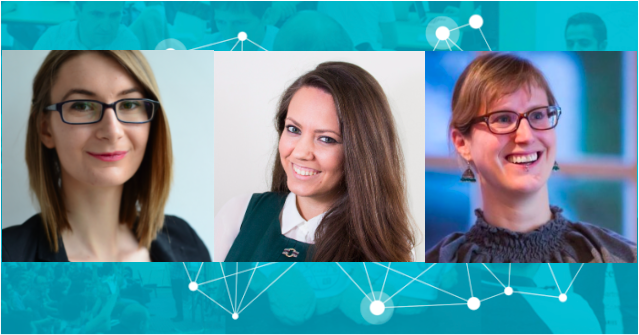
Less than 1 in 4 leadership roles in the tech industry are held by women. This situation can be improved, for sure!
At I T.A.K.E Unconference, we aim to move the needle by offering to women in tech access to a fast-learning, practical & inspirational community for their growth.
Each year, remarkable women crafters join #itakeunconf. At this edition, you can meet:
- Felienne Hermans | Keynote | University Assistant & Founder | Research in the programming field
- Karina Popova, Head of Development | Artificial Intelligence & IoT
- Alexandra Marin, Software developer | Mobile Development
Let’s not stop here! Help us meet other remarkable women, from your teams and communities!
For you to easier join us, we are offering a free ticket and a special discount to tech ladies who will share with us one lesson learned from the IT trenches.
Let us know in a comment your story / experience / lesson learned while working in IT. The most inspirational story will win a free ticket. Everyone sharing their experience & lessons learned will receive 40% discount from the Standard ticket price (in the limit of available seats). Deadline to submit your story is March 16th.
We will announce the winner on March 22nd.
I T.A.K.E Unconference, 5th edition, 11-12 Bucharest. 6 keynotes, +30 international speakers, and an intense and dynamic program with topics like DevOps, AI, IoT, Software Design, Mobile, Architecture, Open Space, Kata Lounge, Programming Contest and more is in the row. Register now!
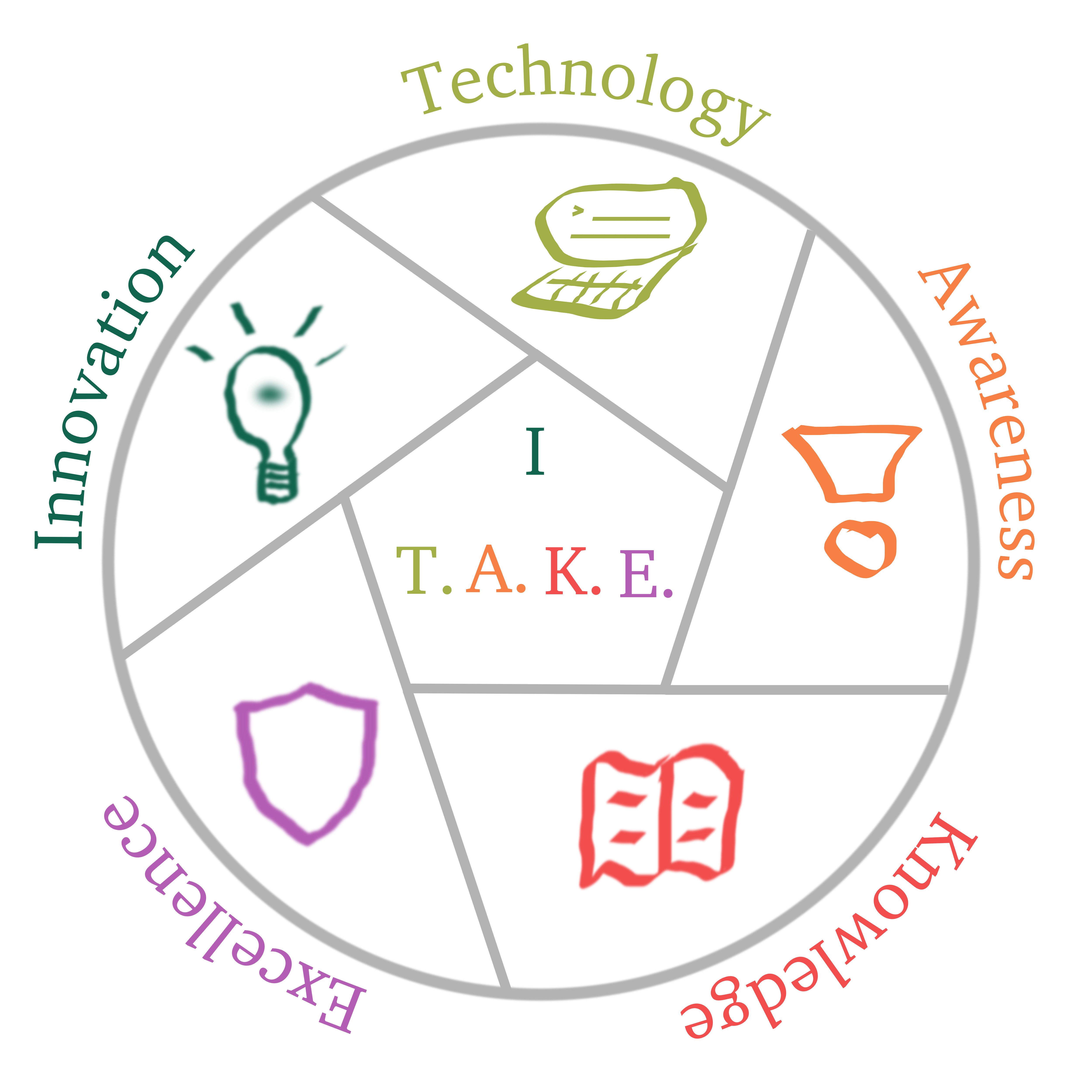

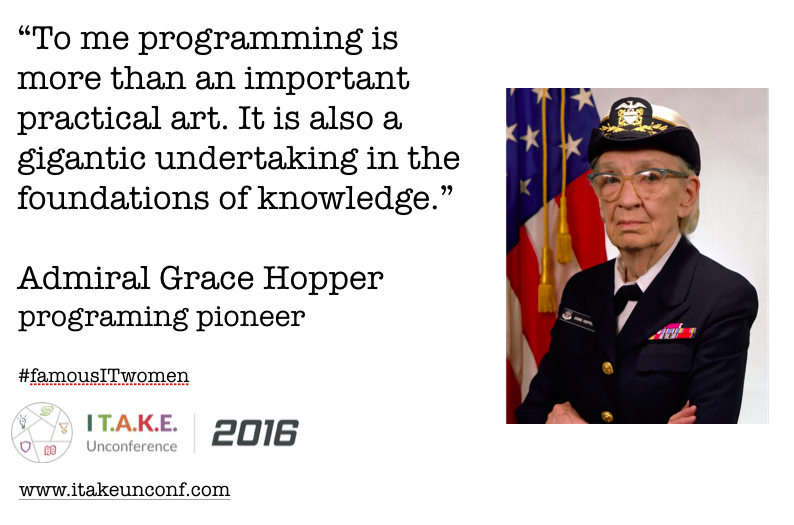
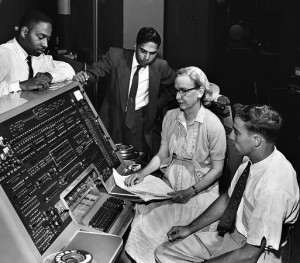
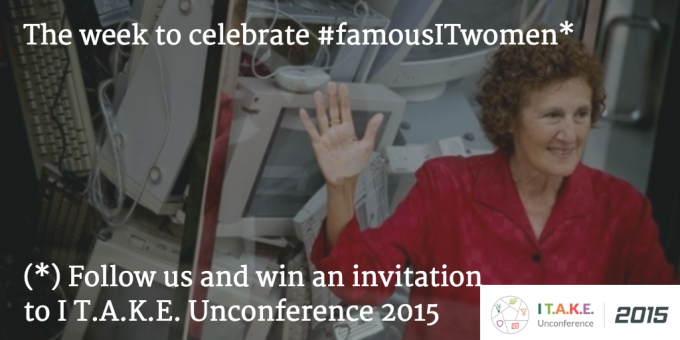
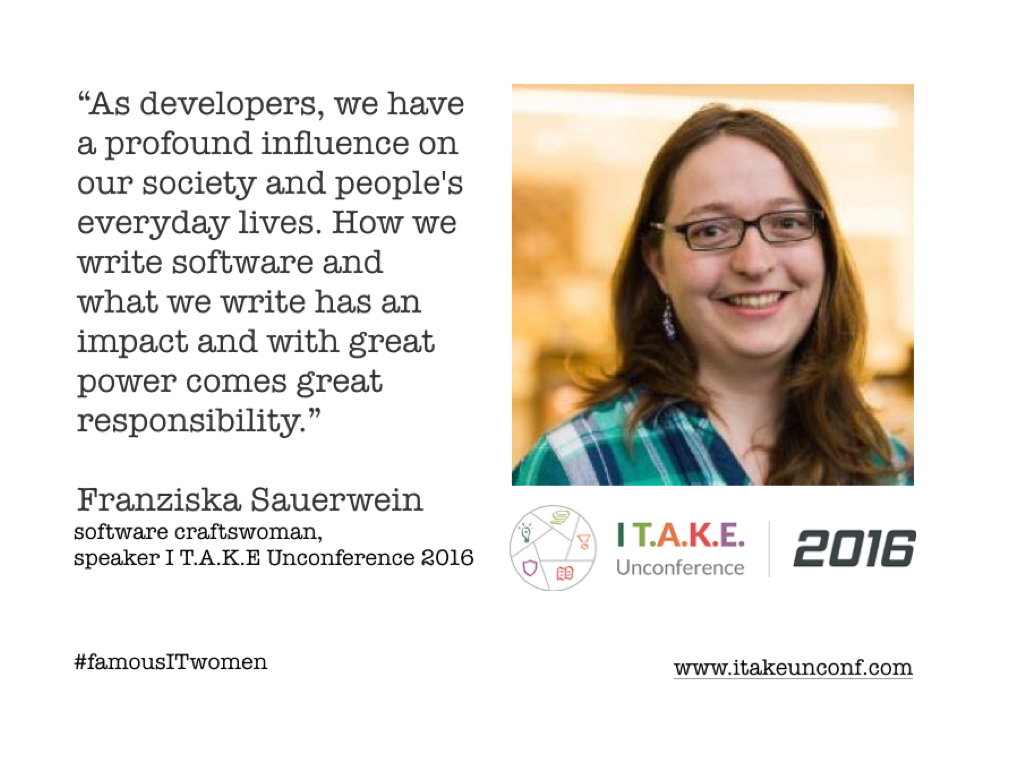
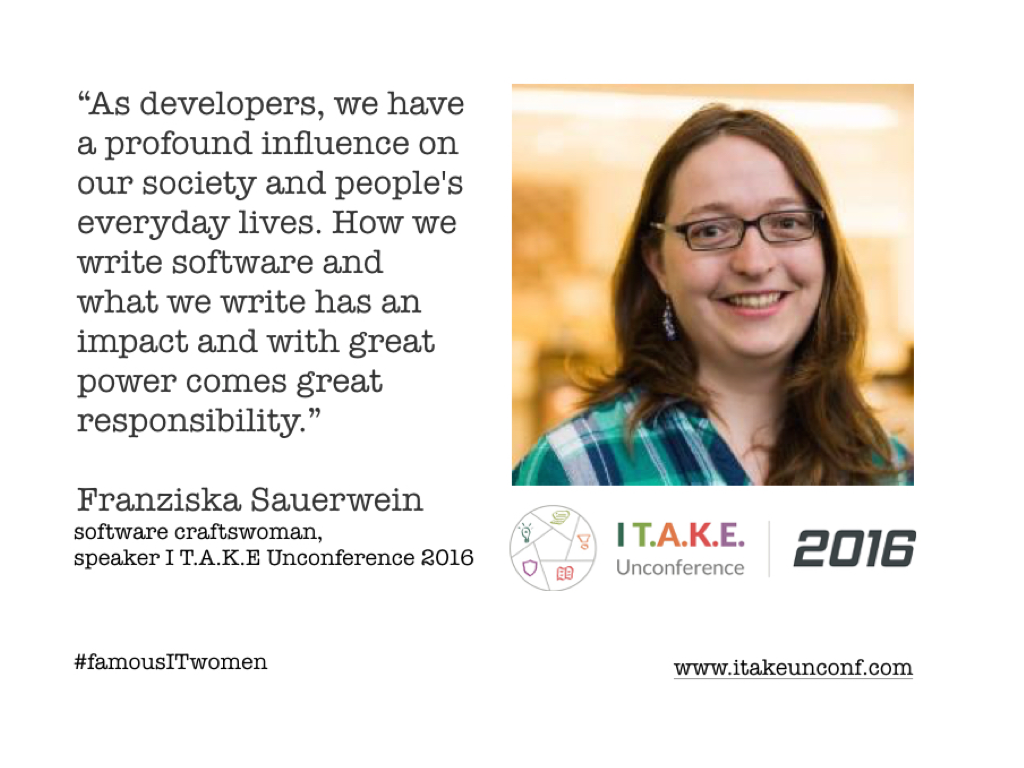
Catalina Butnaru
Having worked in startups for 6 years, I decided to build an ecosystem for diversity in tech to be supported, especially in two extremely disruptive areas: artificial intelligence and virtual reality. the first step was to bring together experts in AI to discuss crossovers between AI and VR, during the AI+VR Rise Conference and Hackathon. The next step is to build a community – focused class educating people from all backgrounds on what AI is, thus encouraging diversity.